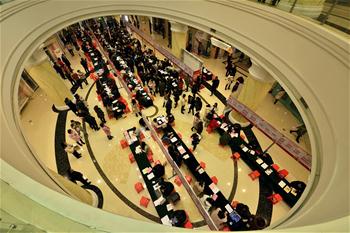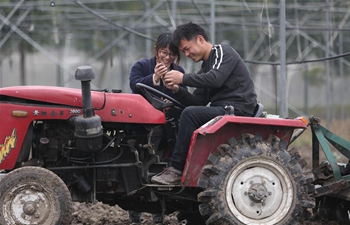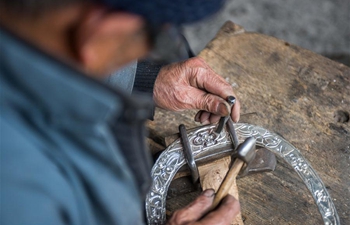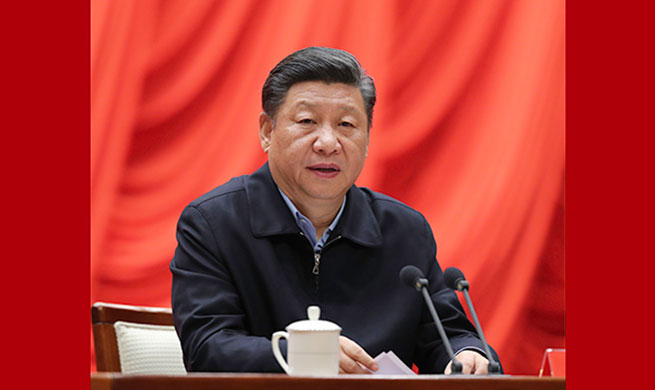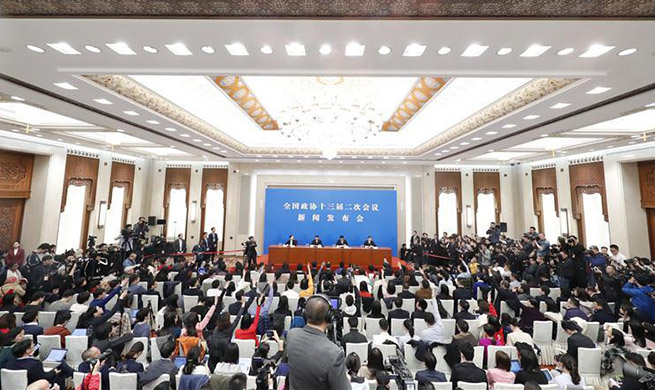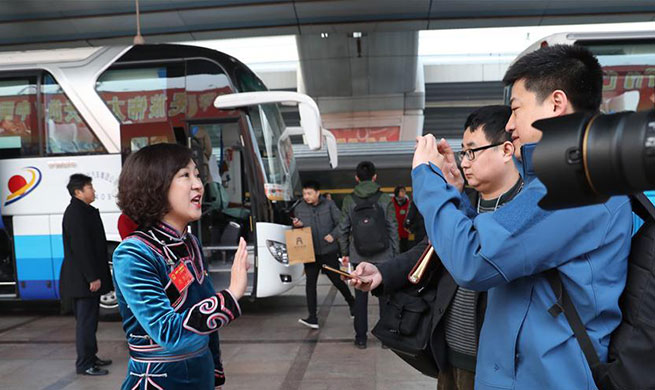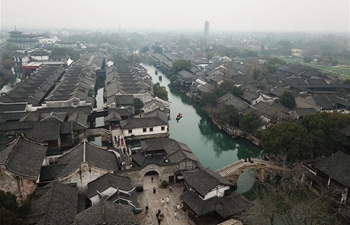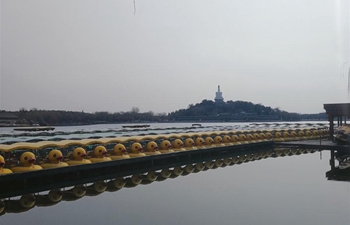ROME, March 2 (Xinhua) -- Italy's rich history has guaranteed the country will long be a cultural powerhouse. Today, modern Italians are being encouraged to do more to protect and promote those cultural riches.
Italy is the only country in the world which has been the focal point of western civilization for two broad periods - first during the Roman Empire and again during the Renaissance. Those periods, along with the centuries that fell in between them and afterwards, have left a permanent mark on the country in terms of historical and cultural treasures.
As a result, the country boasts 54 World Heritage Sites, as defined by the United Nations Educational, Scientific, and Cultural Organization (UNESCO), more than any other country. Any list of the world's top art museums will include multiple options within Italy's borders. Together with public squares in Naples, Rome, Florence, Venice, and other historic cities, they draw visitors from around the world.
PROTECTION AND PRESERVATION
"When it comes to Italy's cultural patrimony, the top priority has to be to protect and preserve it," Stefano della Torre, director of the graduate program on the Management of Cultural Heritage and Institutions at Milan's Polytechnic University, told Xinhua. "Some might say we should promote what we have to offer better, and I agree. But if you don't protect what you have, there will be nothing to promote."
Della Torre said cultural heritage is under threat from all angles, whether from pollution and acid rain, or vandalism and potential terror threats.
Broadly speaking, the notion of cultural heritage covers an array of areas, not just art and history, but also architecture, literature, fashion, design, theater, cinema, music, and dance.
According to Filippo Cavazzoni, editorial director of the Bruno Leoni Institute, a think tank, protection of all these areas requires an important role for the government. That could mean organizing private companies to help maintain important monuments - the most famous case is Diego Della Valle, the owner of luxury leather goods company Tod's, underwriting the restoration of the Colosseum in Rome - or reforming the way museums are run and funded. It could even mean setting up rules to make it easier for local bookstores to compete with online seller Amazon or cinemas to compete with movies streaming company Netflix.
"We tend to underestimate the value of the government in these areas that represent a wide, public good," Cavazzoni said in an interview.
POLICIES AND STRATEGIES
One relatively recent reform is for Italy's 34 most important museums to have their own directors. That has allowed those museums to thrive by developing tailored policies in terms of promotional strategies, acquisitions, exhibitions, and protection of their collections. But that still left the vast majority of the country's more than 5,000 museums - many of them small - without those advantages.
"I think we need to consolidate our museums," Giuliano Volpe, an archeologist at the University of Foggia, told Xinhua.
"I don't mean to close them. But perhaps two or three or four small museums in a region can work together and have a single director," said Volpe, a former president of the Superior Council for Cultural Heritage and Landscape at the Ministry of Culture.
According to him, it is no longer possible for a museum to just open its doors and wait. "They need a strategy to draw people in."

